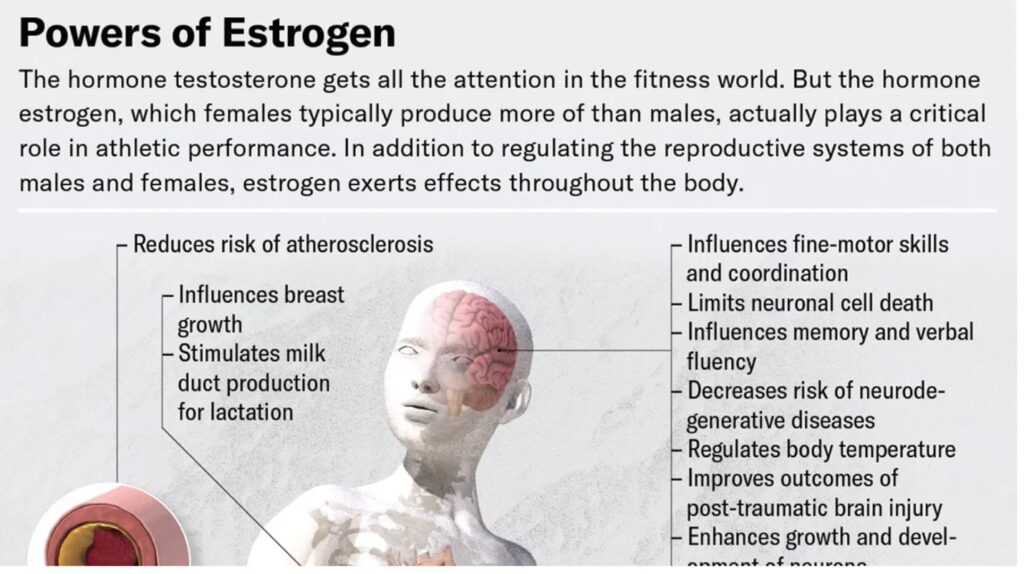Recently, as a result of the football diplomacy between Armenia and Turkey, an opinion poll was conducted in both Turkey and Armenia to gauge the reaction to new gestures in the Turko-Armenian relationship. The poll was carried out by MetroPoll in Ankara (Turkish only website) and by the Armenian Center for National and International Studies — run by Rafik Hovannisian an American Diaspora Armenian now resident in Yerevan and involved in Armenian politics.
Unfortunately, the original questions asked or the sample size are not available online. However, the findings are indicative of the opinions of countries that are winners and losers (Turkey — winner, Armenia — loser).
In Turkey, almost 70 percent of the population found the Turkish president Abdullah Gül’s trip was successful and presumably supported the normalization of relations with Armenia. What would have been more interesting to ask, however, was Turks view of the importance of normalizing relations with Armenia. I would hypothesize that the majority of Turks, particularly those who live far from Eastern Anatolia do not see the current position as hurting their economic interests and do not see the issue as vital — particularly if it would require any change of Turkey’s stance on the genocide issue. With Armenia’s limited purchasing power, Turkey stands little to gain economically from opening its border. Furthermore, Turkey already export to Armenia through Georgia, and it is presumably Armenia that pays the higher costs for goods, not Turkey.
Interest in Armenia may be more pronounced for those Turks who live in Kars and other settlements bordering Armenia. However, while these places stand to gain most from cross-border trade, they also may have much stronger feelings about how the opening of the border may affect their lives and have potential worries about attempts of Armenians to reclaim or purchase property in the area.
Given the deep and continuing melancholy that permeates much of Armenian society’s consciousness as a result of the slaughter and expulsion of hundreds of thousands of Armenians from Eastern Turkey and the central role that genocide plays in Armenian political culture, the Armenians show much more skepticism towards normalized relations with Turkey — though the news is not all bad. Only 11 percent of respondents said they were against all cooperation with Turkey — albeit 76 percent were only willing to normalize relations after certain preconditions were met. Ostensibly, preconditions revolve around the recognition of the Armenian genocide.
However, we would expect that more thorough plumbing of Armenian citizens’ perceptions may reveal a more nuanced understanding of the policy trade-offs involved in preconditions. Likely, many more Armenians may be willing to engage in some compromise, if it meant more sustainable economic growth. Unlike Turkey, Armenia stands to reap large economic benefits from the opening of the border with Turkey. Transport costs would drop significantly for the many Turkish products that already wend their way through Georgia to Armenia; moreover, Armenia would have a more ready export market for finished goods they produce — particularly if the Caucasian Tiger becomes more of a reality than a simulacrum.
Whatever the future for relations between Turkey and Armenia may hold, it is important to continue to provide open and reliable data on the process.









